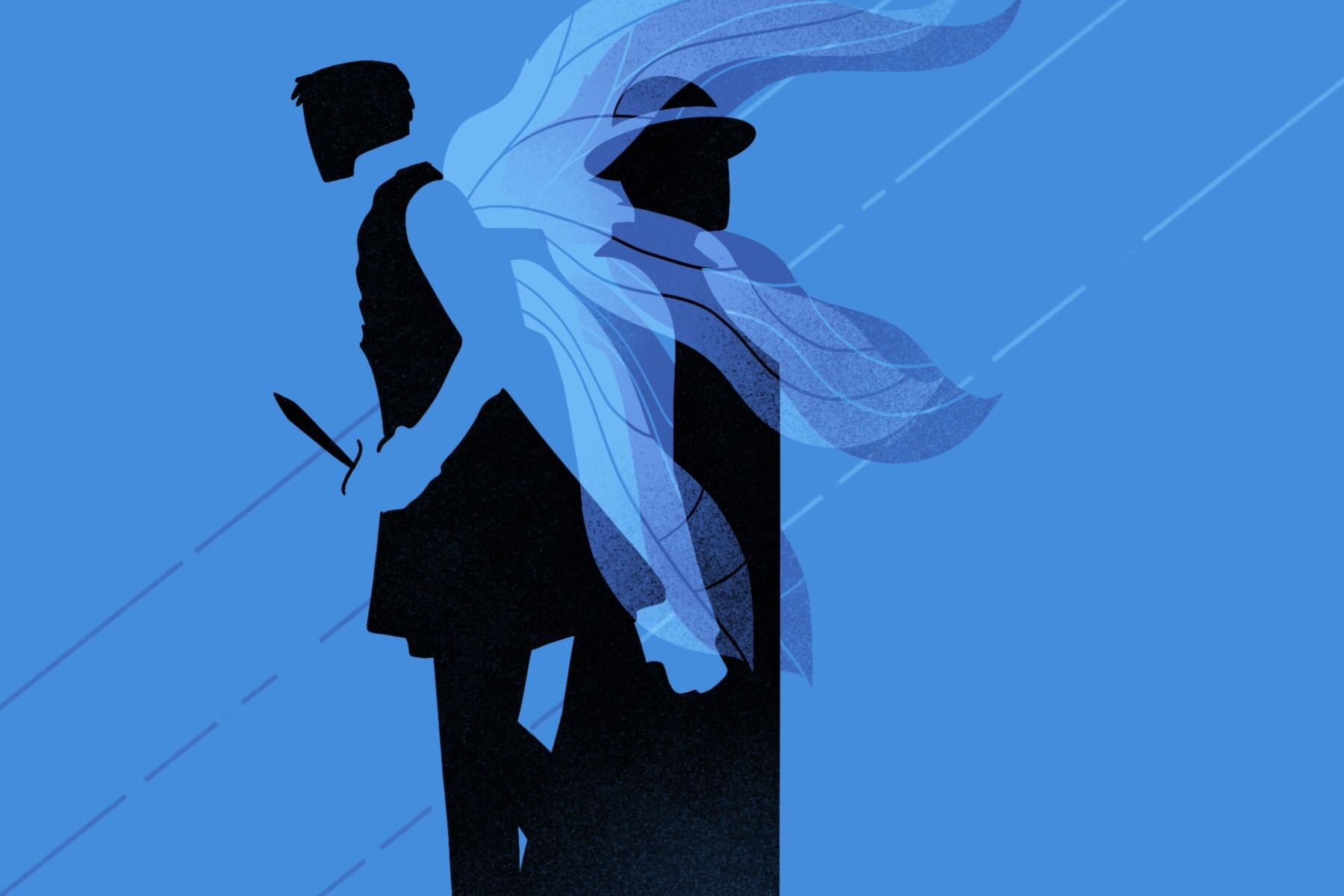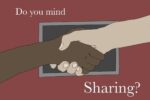“Carnival Row,” the new Amazon Prime original that released last Friday, uses a fantastical lens to address prominent issues in our own world, such as debates on immigration and refugees.
For years, the world of the fae was just myth and legend, until men arrived and fought over the many riches and resources the land had to offer. They were split into two groups: the Burgue and the Pack. Seven years before the start of “Carnival Row,” the Burgue withdrew, abandoning the fae in the hands of the Pack. Since then, droves of fae have fled to the Burgue, hoping for refuge in the face of slaughter.
However, life in the Burgue is not easy. Like today’s refugees, they face issues of indentured servitude, racism and police violence.
The show opens on a graphic image of the rotting corpses of dead fae hanging on barbed wire just outside of Anoun, Tirnanoc, a fae city. The shot pans down to a group of fae women and children trying to outrun Pack soldiers, who mercilessly shoot them down. They are led by a Pix (winged faerie), Vignette Stonemoss (Cara Delevigne), whose job it is to find passengers for ships going to the Burgue. Once they arrive there, they have must either pay their passage out of pocket — which none have the money to do — or work off their debts as indentured servants.
Unfortunately, the group of fae that Vignette is leading do not make it to the ship, and she decides to leave Tirnanoc and go to the Burgue herself. When she arrives, she learns from her friend Tourmaline that her lover from during the war — whom she thought was dead — is still alive. Vignette discovers that he is now an inspector and hunts him down with the intention of killing him.
Inspector Rycroft Philostrate (Orlando Bloom), aka Philo, is an inspector with a secret investigating several peculiar, seemingly unrelated deaths. At first, the killer seems to be targeting fae, but as he gets closer to his target, the victims seem to be more and more random.
As the show follows Vignette and Philo on their adventures in romance and mystery, it also showcases the world of Carnival Row — the ghetto that fae have been societally shunned to — and the lives and struggles of everyday fae.
During the first episode, as Philo is walking through the streets of the Row, he encounters a couple of policeman bullying a Puck (horned fae) working at a butchers stand. They call her a Critch, which is a slur for fae, and knock her fare onto the street. Luckily, this happens as Philo is passing and he puts the policeman in their place. However, the fear the Puck and surrounding fae show in the face of the policeman makes it obvious that this is a regular occurrence and that Philo is an exception to the rule.
We see another example of racism among the police when Philo suspects a fellow sergeant and follows him to what is the equivalent of a Klan meeting, but instead of wearing white hoods and crosses, they shave their heads bald and groom their beards into mutton chops.
Carnival Row also follows several subplots, one of which focuses on the Chancellor of the Burgue. This allows the audience a view of the political rhetoric against the fae. During a Parliament meeting, the leader of the opposition is arguing for deporting the fae back to “where they came from” (sound familiar?). His argument in support of this is that the fae are “changing the fabric of our society” for the worse, that they bring “vices, wantonness, the scourge of lixer addiction, the worship of strange gods,” that “whole boroughs have become off-limits to decent citizens” and of course, he adds the age-old excuse for racism — “they’re taking our jobs!”
He later blames the fae for the destruction of their own lands, saying, “You need only look at the godless hell these bestial shite races have made of their own f—king lands” to see what is in store for them. What he fails to mention is that if not for humanity, the fae would not need a place of refuge and their lands would not be completely stripped of all its resources. If not for humanity, the great colonialists, they would not need to flee to the Burgue, where they are forced to live in one borough of the city. If not for humanity, they would not be excluded from all professions except the undesirable ones, which most humans consider themselves above.
However, despite this professional exclusion, not all fae are poor. Another subplot follows a Puck by the name of Agreus Astrayon (David Gyasi) who is able to earn enough money to move into Finnistre Square, where the richest of the rich (humans) live. When he first arrives, he is shunned and ignored, because despite it not being illegal, most of his neighbors believe he does not belong there. They even tried to call the authorities in an attempt to make him move.
Two of these neighbors, Imogen Spurnrose (Tamzin Merchant) and her brother Ezra (Andrew Gower), are on the verge of destitution. In a plan to manipulate Mr. Agreus into giving them money, Imogen invites him over for tea. She offers him an invitation into polite society in exchange for investing in her brother’s business. However, she never anticipated this exchange to end with love and an illegal affair.
The beauty and magic of the fae world in “Carnival Row” provides audiences with an up-close view of how racism in our own world functions to keep entire groups of people oppressed, without dealing a full blow.
Like refugees, victims of colonialism and those who looked different throughout history, the people of a once beautiful nation become pawns in the game of politics. They are treated like trash and then used as a scapegoat for those in power to blame for their failures and for those not in power to gain it.
By showing the horrors suffered by the fae face, “Carnival Row” taps into human empathy and compassion. This empathy can then be transferred when witnessing the horrors our own oppressed peoples face.
















